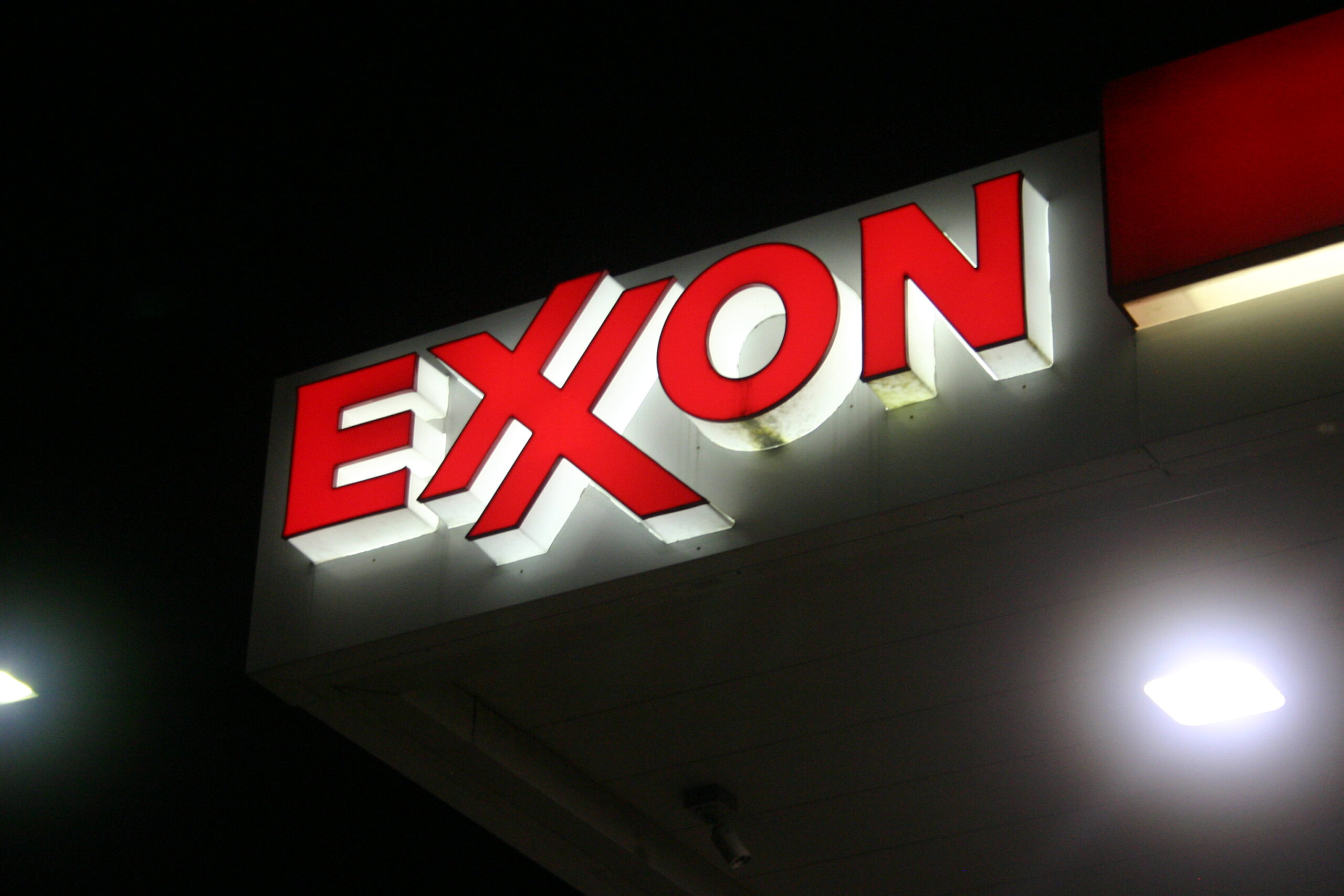The top U.S. oil producer’s proposed $60 billion acquisition of Pioneer Natural Resources, which the White House may have blamed on Exxon Mobil, would be difficult to stop, according to five antitrust lawyers and experts on Friday.
According to Reuters, talks between Exxon and Pioneer on a deal are advanced but have not yet resulted in an agreement. Exxon would become the owner of the largest producer in the largest U.S. oilfield as a result of the transaction.
As petrol prices increased at the pump, U.S. President Joe Biden slammed energy companies for their soaring profits. His government was particularly scathing of Exxon for not increasing production despite its record profitability.
The FTC head Lina Khan received a letter from the White House in 2021 requesting her to examine industry transactions for “anti-consumer behaviour,” and as a result, the antitrust regulator took its time approving many of them.
These contracts were ultimately approved, and since 2000, the regulator has not filed a lawsuit to obstruct an oil and gas production deal.
The FTC would have a difficult time opposing Exxon’s intended acquisition of Pioneer, according to the attorneys and experts whose opinions were sought.
This is due to the fact that oil and gas corporations have been successful in arguing that mergers in the United States alone cannot impede competition because the prices of commodities are determined by supply and demand factors in a sizable worldwide market.
According to Andre Barlow, an antitrust lawyer with Doyle, Barlow and Mazard PLLC, oil and gas deals involving production and development, like the one for Pioneer, are simpler to defend under antitrust law.
This transaction does not involve a refinery or a retail outlet, which are typically the main sources of antitrust risk. These are the agreements where we perceive issues, according to Barlow.
The FTC and the White House both declined to comment. Requests for comments from Exxon and Pioneer were not answered.
On Friday, political pressure mounted on the FTC to look into any arrangement that Exxon and Pioneer might strike.
The antitrust experts concurred that even if Exxon and Pioneer had a high chance of closing their acquisition, they would have to endure a protracted antitrust investigation due to the controversy it is likely to generate.
Oil and gas deals of any magnitude that are notable in the modern United States are given careful consideration. Petrol costs are gradually rising, and that will have an impact, according to William Kovacic, a former FTC head and current professor at the law department at George Washington University.
After U.S. regulators lost some high-profile legal battles to stop megadeals in recent months, including Microsoft’s $69 billion acquisition of “Call of Duty” developer Activision Blizzard, companies like Exxon felt more confident to seek large acquisitions.
Since BP’s $27 billion acquisition of Atlantic Richfield in 2000, the FTC has not objected to a significant merger of an oil and gas business. It filed a lawsuit to stop the merger, and it didn’t give up until BP offered to sell its oil production acreage in Alaska.
According to consulting firms Wood MacKenzie and Rystad, Exxon’s acquisition of Pioneer would make it the largest producer in the Permian basin, which stretches across West Texas and eastern New Mexico.
According to RBC Capital Markets analysts, Pioneer is the largest operator in the Permian, accounting for 9% of total production, while Exxon is in fifth place with 6%.
In another American oil area earlier this year, the FTC demonstrated its tolerance for consolidation. Despite concentrating 40% of output in the Denver-Julesburg basin, it allowed Chevron, the No. 2 U.S. oil producer, to complete the $7.6 billion acquisition of PDC Energy in August, less than three months after the deal was announced.
That would result in more consolidation for the Permian basin than the Exxon-Pioneer merger.
It was unclear how long Exxon and Pioneer intended to take to finalise their merger or whether they would agree to a substantial break-up cost in case regulators decided to block the union.
Given the crucial role the Permian region plays in energy production, regulators would have to demonstrate they have thoroughly examined Exxon’s acquisition for Pioneer, according to David Kass, a finance professor at the University of Maryland and former FTC antitrust economist.

